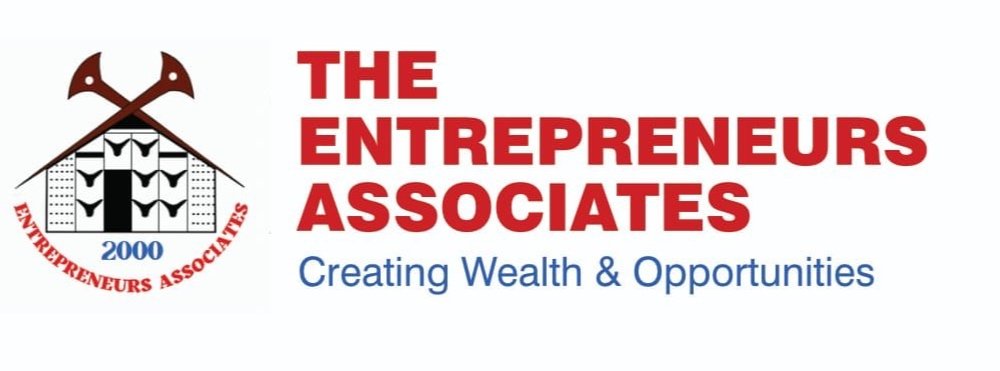The Beacon of Hope
In the spring of 1992 Neichute Doulo, founder and CEO of EA, led a band of non-conforming Naga youths turning heads on the streets of Kohima as they donned blue arm bands with the inscription “Beacon of Hope.” These youth, 16 to 19 year old, sought work as manual labourers, porters, cleaners, sold newspapers and ice-popsicles, and waited upon customers in the Naga Japanese Hotel. This action addressed a core issue of the time which was the aversion of young people to any other work apart from “white collared government jobs” and the assumption that certain jobs were beneath one’s ‘self-respect’. The clear information the group communicated was that Nagas needed to adopt a lifestyle incorporating ‘dignity of labour’, one that veered away from the sole pursuit of government jobs, and one that would make Nagas the custodians of their own economic future.
This movement was made even more conspicuous because of its boldness as it emerged amidst deeply troubled times as Naga factions and Indian military and paramilitary forces clashed head-on. It was not uncommon for the military to shoot randomly with the slightest of suspicion and unaccounted abductions were a normal phenomenon of the day. The situation was further complicated by incessant factional killings, which together undermined the typical functioning of society. After India’s Independence, the North East Region particularly the Naga society grappled not just with political conflict, however devastating, but also with limited economic prosperity in a wider world that was rapidly changing.
Some 40 plus members were drawn into the movement with the prominent players being Wetso Mero, Vetshelo Doulo, Khozone Thira, Miriam Nuh, Sautula Yaren, Kevizakie Rio, Ayo Kachui, Isaac Lasuh, Lt. Neichuvolie-u Belho most of whom were Neichute’s classmates from Patkai Christian College and had all just finished writing their 12th exam, then known as Pre-university (PU). A number of people from Kohima also participated in the movement to change the perceptions of society.
